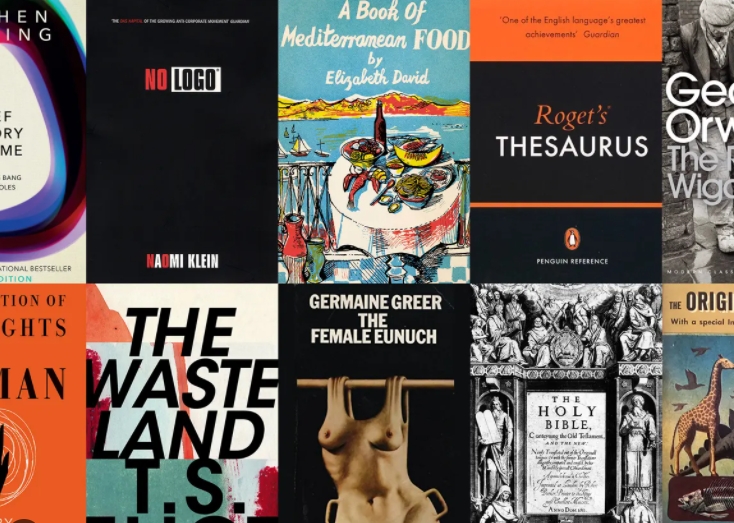Exploring the Literary Classics: A Look at the 100 Most Famous Novels
In the world of literature, there are countless books that have stood the test of time and continue to be beloved by readers of all ages. From timeless classics to modern masterpieces, the realm of novels is vast and diverse. For those looking to delve into this rich literary tradition, exploring the 100 most famous novels is a great place to start.
Understanding the Canon
The list of the 100 most famous novels is a curated selection of some of the greatest works of fiction ever written. These books have been chosen for their enduring impact on literature and culture, as well as their ability to captivate readers with their compelling storytelling and intricate characters.
From timeless classics like “Pride and Prejudice” by Jane Austen and “Moby-Dick” by Herman Melville, to more contemporary favorites like “To Kill a Mockingbird” by Harper Lee and “Beloved” by Toni Morrison, the list of the 100 most famous novels spans genres, time periods, and themes.
Exploring Themes and Motifs
One of the most exciting aspects of delving into the 100 most famous novels is the opportunity to explore the recurring themes and motifs that appear throughout these works. From love and loss to power and oppression, these books cover a wide range of topics that continue to resonate with readers today.
By immersing oneself in the world of these novels, readers can gain a deeper understanding of the human experience and the complexities of the world we live in. Themes of identity, morality, and social justice are just a few of the thought-provoking subjects that are explored in these timeless works of fiction.
Celebrating Diversity and Representation
Another important aspect of the 100 most famous novels is the celebration of diversity and representation in literature. From authors of various backgrounds and cultures to characters who defy traditional stereotypes and norms, these novels showcase the rich tapestry of human experience in all its complexity.
By reading and studying these works, readers can gain a greater appreciation for the diverse voices and perspectives that make up the world of literature. Whether it’s exploring the struggles of marginalized communities in books like “Invisible Man” by Ralph Ellison or celebrating the resilience of women in novels like “Jane Eyre” by Charlotte Bronte, the 100 most famous novels offer a wealth of stories that speak to the universal truths of the human condition.
In conclusion, exploring the 100 most famous novels is a rewarding journey that can expand one’s horizons, challenge one’s beliefs, and inspire a deeper appreciation for the power of storytelling. By engaging with these timeless works of fiction, readers can gain insight into the human experience and discover the profound impact that literature can have on our lives.
